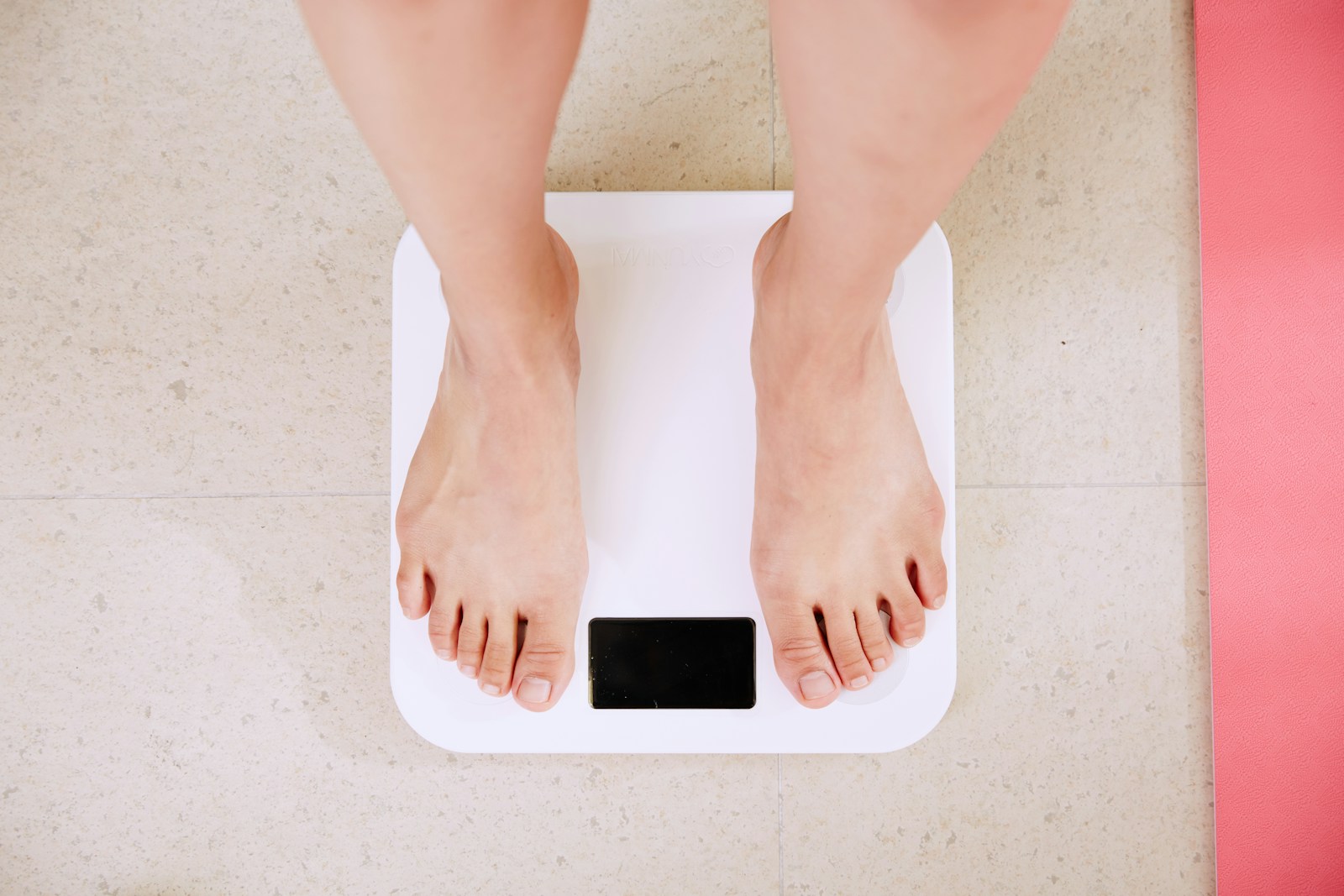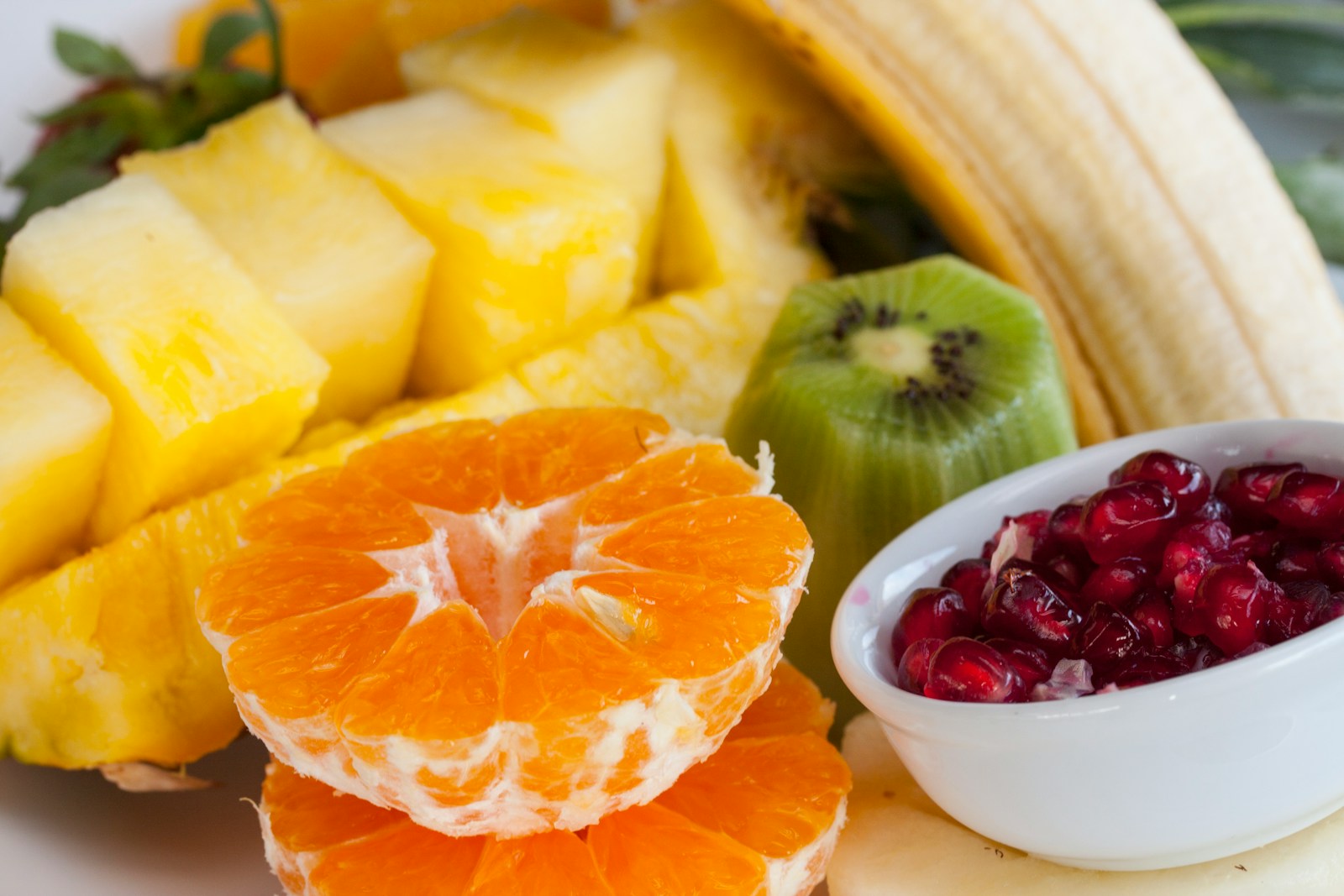This Post Contains Affiliate Links. Please Read Our Disclosure for Full Information.
Good digestion is the cornerstone of a healthy life. When your digestive system runs smoothly, it helps your body absorb nutrients and keeps discomfort like bloating, gas, or indigestion at bay. Fortunately, achieving better digestion doesn’t always require complicated treatments. With a few home remedies and lifestyle tweaks, you can support your gut health naturally.

Here are seven simple home remedies that are gentle on your stomach and easy to follow:
1. Sip on Ginger Tea for Quick Relief
Ginger has been a digestive powerhouse for centuries. Its natural compounds, like gingerol, help stimulate saliva, bile, and gastric juices, improving digestion. Sipping on warm ginger tea can soothe nausea, reduce bloating, and ease an upset stomach.
How to make ginger tea:
- Boil a cup of water and add a few slices of fresh ginger.
- Let it steep for 5–10 minutes.
- Add a dash of honey for flavor and sip slowly.
Pro Tip: Ginger tea works wonders after a heavy meal or when you feel a stomach cramp creeping in.
Affiliate Link: Organic Ginger Tea Bags on Amazon
2. Keep Hydrated with Lemon Water
Starting your day with a glass of warm lemon water can awaken your digestive system. Lemon water acts as a mild detoxifier and can help flush out toxins from your body. Its acidic nature stimulates the production of digestive enzymes, which aids in breaking down food more efficiently.
How to prepare lemon water:
- Squeeze half a lemon into a glass of warm water.
- Drink it first thing in the morning on an empty stomach.
Why it works: This simple habit promotes regular bowel movements and reduces bloating. Plus, it’s an easy way to stay hydrated!
Affiliate Link: Lemon Squeezer for Fresh Juices
3. Boost Fiber Intake with Flaxseeds
Flaxseeds are a natural powerhouse of dietary fiber. They not only support regular bowel movements but also nourish your gut bacteria. Whether you’re dealing with constipation or just want a healthier gut, adding flaxseeds to your diet can make a difference.
How to use flaxseeds:
- Sprinkle ground flaxseeds over your morning oatmeal or yogurt.
- Add a teaspoon to your smoothie or mix it with water for a quick boost.
Flaxseeds are also rich in omega-3 fatty acids, adding an extra layer of health benefits to this remedy.
Affiliate Link: Organic Ground Flaxseed
4. Chew Your Food Properly
It might seem too simple, but chewing your food thoroughly is a game-changer for digestion. When food is broken down completely in your mouth, it’s easier for your stomach to process it. Chewing stimulates digestive enzymes, which play a crucial role in nutrient absorption.
Tips for better chewing:
- Aim to chew each bite about 20–30 times.
- Eat slowly and avoid distractions during meals.
Not only does this habit help your digestion, but it can also prevent overeating.
5. Add a Dash of Apple Cider Vinegar
Apple cider vinegar (ACV) is a natural digestive aid. It balances stomach acidity and promotes the production of stomach acid, which is vital for breaking down food.
How to use ACV:
- Mix one tablespoon of apple cider vinegar in a glass of water.
- Drink it 15 minutes before a meal.
If you find the taste too strong, you can add a teaspoon of honey. However, always opt for raw, unfiltered ACV for the best results.
Pro Tip: ACV is especially helpful for those who experience acid reflux or indigestion after meals.
6. Snack on Probiotic-Rich Foods
Your gut thrives on good bacteria, and probiotics are the key to replenishing them. Yogurt, kefir, and fermented foods like kimchi or sauerkraut are excellent sources of probiotics that promote better digestion and a healthier gut.
Simple snack ideas:
- A bowl of yogurt with fresh fruit.
- A side of sauerkraut with your main meal.
- A smoothie made with kefir.
These foods can also reduce bloating and prevent common digestive discomforts.
7. Harness the Power of Peppermint
Peppermint is well-known for its calming effect on the digestive tract. It can ease symptoms of irritable bowel syndrome (IBS), reduce gas, and soothe an upset stomach.
How to use peppermint:
- Brew a cup of peppermint tea after meals.
- Chew on fresh peppermint leaves for a quick fix.
Its natural oils help relax the muscles in your digestive system, improving overall comfort.
Simple Lifestyle Changes for Long-Term Digestive Health
In addition to these remedies, certain lifestyle adjustments can greatly enhance digestion:
- Stay Active: Regular exercise, such as walking or yoga, can boost your metabolism and digestion.
- Eat Smaller Meals: Large meals can overwhelm your digestive system. Smaller, frequent meals are easier to process.
- Manage Stress: High stress levels can wreak havoc on your gut. Incorporate mindfulness practices like meditation or deep breathing.
Closing Thoughts
Better digestion starts with simple, consistent habits. Whether it’s sipping ginger tea, sprinkling flaxseeds, or staying hydrated with lemon water, these remedies are accessible and effective. Combine them with a balanced diet and a healthy lifestyle for lasting results.
By taking small steps every day, you’ll not only improve digestion but also feel lighter, more energetic, and healthier overall. Why wait? Start nurturing your gut today!
Discover more from Serenity Talks
Subscribe to get the latest posts sent to your email.


